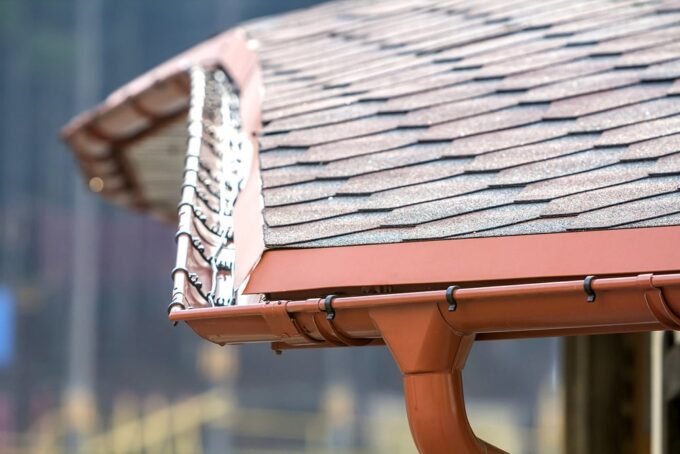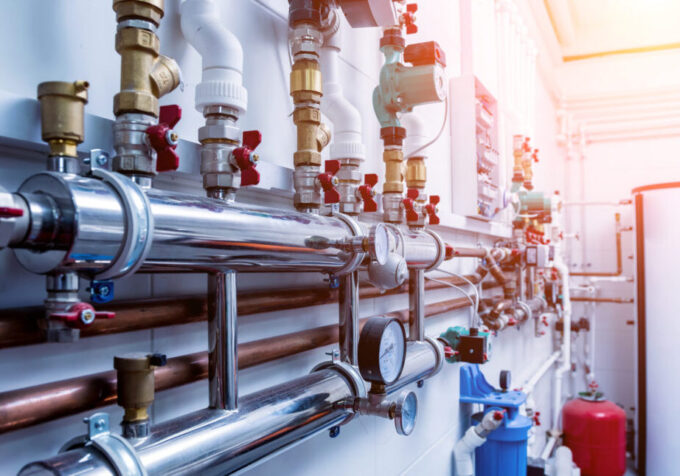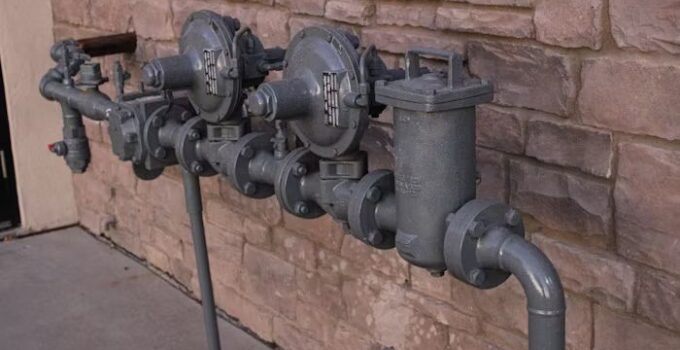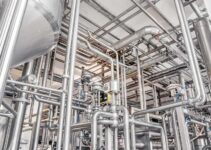Commercial plumbing emergencies can be a real nightmare to sort out! Not only is there the potential mess of a burst pipe, but there’s also the risk of employees and visitors to your business getting hurt. There’s also the downtime your business experiences while repairs are done.
Since a commercial plumbing crisis can have costly repercussions, many business owners make routine safety audits a priority. One of the more essential criteria to focus on is the backflow testing Melbourne regulators are so stringent on.
Preventative Plumbing Measures are a Must

Source: aucklandplumbersgroup.co.nz
It’s crucial for commercial business owners to include preventative plumbing in their routine checks. This will identify any potential problems as well as eliminate the risk of injury. Not sure what’s classed as preventive plumbing and what is just nice to have? Our detailed list will help you identify the most important aspects to focus on.
1. Backflow Testing
Backflow testing is essential to every commercial business and is regulated by Australian law. Typically this procedure involves testing the device that controls the water flow from your main supply.
By checking the water pressure, the plumber will be able to determine whether or not there’s been any stagnation in the pipes which can lead to water contamination. This test helps to maintain water hygiene and prevent any outbreaks of waterborne diseases.
2. Thermostatic Mixing Valves (TMV)
Another key issue that needs to be tested regularly is the thermostatic mixing valves, or TMVs as they’re more commonly known. These are the valves that regulate the water temperature.
TMVs are the gadgets that ensure an individual isn’t scolded or burnt by unregulated water streaming out of a tap on your property. Plumbers will test the water temperature as well as the general function of the valve to ensure everything is safe and compliant.
A few of the commercial businesses where the right water temperature is crucial are:
- Hospitals and medical facilities
- Retirement facilities and aged care homes
- Childcare centres and schools
- Restaurants
3. Roofing and Guttering

Water damage doesn’t only stem from internal plumbing issues. They can also happen as a result of blockages or leaks stemming from the roof. In many instances, these clogs can be traced back to gutters that are filled with leaves, twigs and even dirt.
Additionally, older gutters are also more likely to cause leakages and water damage along the sides of the exterior walls. Commercial plumbers will do routine checks and make recommendations to safeguard your roof and guttering system.
4 .Sewerage Systems and Drains
Everyone’s least favourite plumbing issues usually involve sewerage pipes, toilets and drains! As a business owner, having customers wading around in sewerage water, or electrical cables lying in water, ranks high on the nightmare list.
Avoid these types of disasters by ensuring that your sewerage systems and drains are not only on your monthly cleaning list but also routinely checked by your commercial plumber. Additionally, your plumbing expert will also advise you on the best cleaning and sterilising materials to use to avoid pipe and fixture corrosion.
5. Commercial Plumbing Devices

Source: gsmplumbing.com.au
Commercial plumbing systems are designed with specialised components and these need to be tested and routinely replaced. Other tests related to these specialised components include:
- Sprinkler systems
- Water filtration systems
- Air conditioning and heating units
- Commercial geysers
- Gas lines and appliances
- Water heating units
6. Fire Services Maintenance
Fire safety and the maintenance of fire equipment are mandatory in every type of commercial business. Fire prevention equipment should not only be placed in strategic points around the business but should also be tested to ensure that it remains in working order.
Your maintenance plan should include the following:
- Regular fire service surveys
- Maintenance and repairs
- Fire safety compliance levels
- Testing of sprinkler systems
7. General Site Maintenance and Audits
It’s important to note that commercial plumbing systems take a lot more strain than those installed in your residential spaces. This is because they are used more frequently. Employees, customers, visitors to the business and even passersby all use the bathrooms on a daily basis. It’s no wonder then that pipes and toilets in commercial sites are often blocked or causing leaks and floods.
General maintenance audits will identify worn valves and fixtures to ensure that damaged components are fixed before a crisis happens. These types of site audits will also highlight any outdated systems being used. This is especially the case in older buildings. Recommendations can be made to systematically replace old fixtures and fittings with newer, energy-efficient solutions.

Final Thoughts
Having a maintenance plan in place will ensure that monthly and annual checks are done to prevent any potential plumbing disasters. In a busy commercial business, having a pre-scheduled plan will also ensure that your business remains compliant with Australian regulations.
Investing in a plumbing maintenance plan will not only save you money in the long run but will also keep your employees and customers safe!
Investing in routine plumbing maintenance for your commercial property is crucial for preventing costly emergencies and ensuring compliance with regulations. Including essential aspects like backflow testing, TMV checks, roof and gutter inspections, and general site audits can safeguard your business from plumbing disasters. A proactive approach to maintenance not only saves money but also prioritizes safety for employees and customers.







